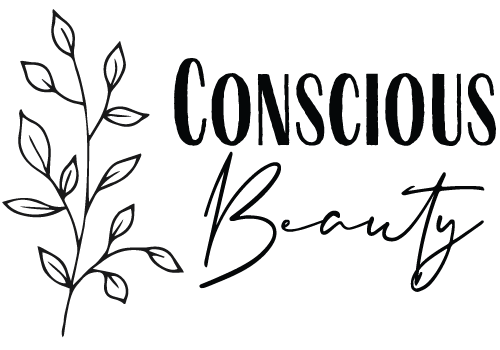The Word Natural Doesn’t Mean What You Think it Means
The FDA doesn’t regulate cosmetics much, only those that are considered drugs. They also have no regulations in place for “Natural”, “All-Natural” and “100% Natural” claims on labels. The Federal Trade Commission has said that products labeled “100% Natural” should not contain synthetic ingredients. But beyond just the labeling flaws, no one has an actual definition for “Natural” some say it has to be plant-based, but we have natural chemicals we use in cosmetics, do they not count? Some say it has to be something that comes from nature, but chemicals like petroleum are naturally-derived. Would you consider petroleum a natural ingredient? Some natural ingredients can be loaded with toxins from it’s surrounding area, is that something you’d consider natural? Some manmade ingredients are made from natural ingredients, that have gone through a chemical process. Are these no longer natural? Some people think being labeled “natural” makes the ingredients safe, when in fact some synthetic ingredients are safer than naturally-derived ones.

Natural = Not Regulated
With no one defining words “Natural” on labeling there are certainly no regulation of products labeled. Any company is welcome to put the word natural on their product, no matter what the full ingredients list is. There is no one to stop them, and no rules. Again, the beauty industry is lawless! The only government body that has defined a word like natural, with the USDA giving out regulations and definitions for “Organic” and it’s different phrases: “100% Organic” means it is all organically sourced, “Organic” means 95% of ingredients are organically sourced, “Made with Organic Ingredients” means less than 95% of the ingredients are organically sourced. If cosmetics companies would like to use these labels on their packaging they can apply to the USDA for certification. Cosmetics labeled with “Organic” must meet both USDA labeling regulations, and FDA labeling and safety rules. So, you can rest easy knowing that if your product says “Organic” or some derivative of it, that product’s ingredients have been sourced organically (meaning no pesticides or chemicals in the soil it’s grown in). While this is of little comfort in the long run, it is something.
So Now What?
I bet you’re getting sick of hearing this, but the best thing you can possibly do is educate yourself on label ingredients. Some simple ingredients can have complicated names, if you know what to look for and avoid, you’re one step ahead! Next thing to do is demand a change, demand transparency, demand easy to read labeling, demand truth in labeling, demand safer ingredients. We don’t have to repeat the history of using toxins in beauty products, we can change it.
Read More:
USDA Fact Sheet: https://www.ams.usda.gov/sites/default/files/media/OrganicCosmeticsFactSheet.pdf
Huffington Post: https://www.huffpost.com/entry/natural-beauty-products-meaning_n_5bad339de4b0425e3c21bb7f
FDA Fact Sheet: https://www.fda.gov/cosmetics/cosmetics-labeling-claims/organic-cosmetics
Environmental Working Group: https://www.ewg.org/news-and-analysis/2018/01/natural-or-organic-cosmetics-don-t-trust-marketing-claims


